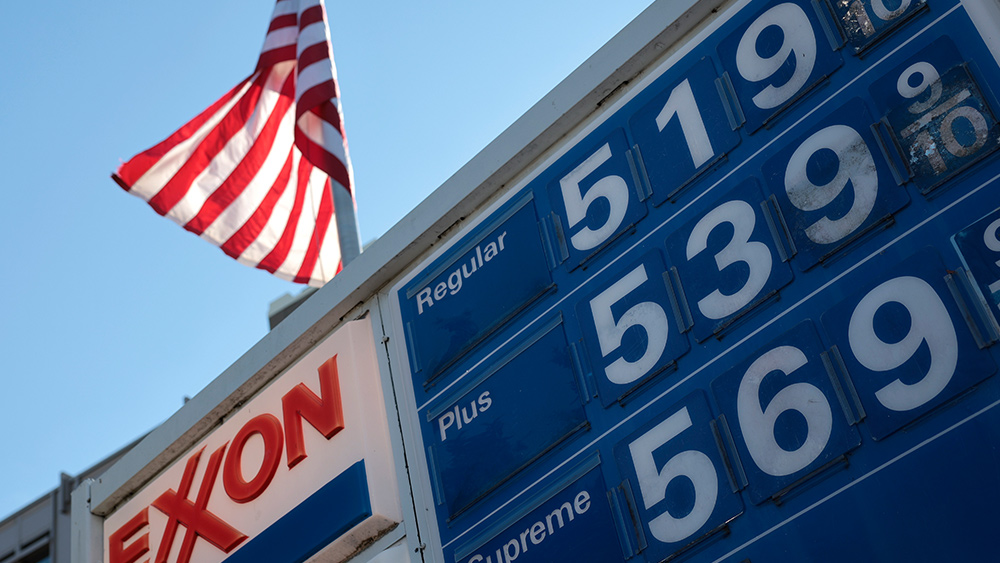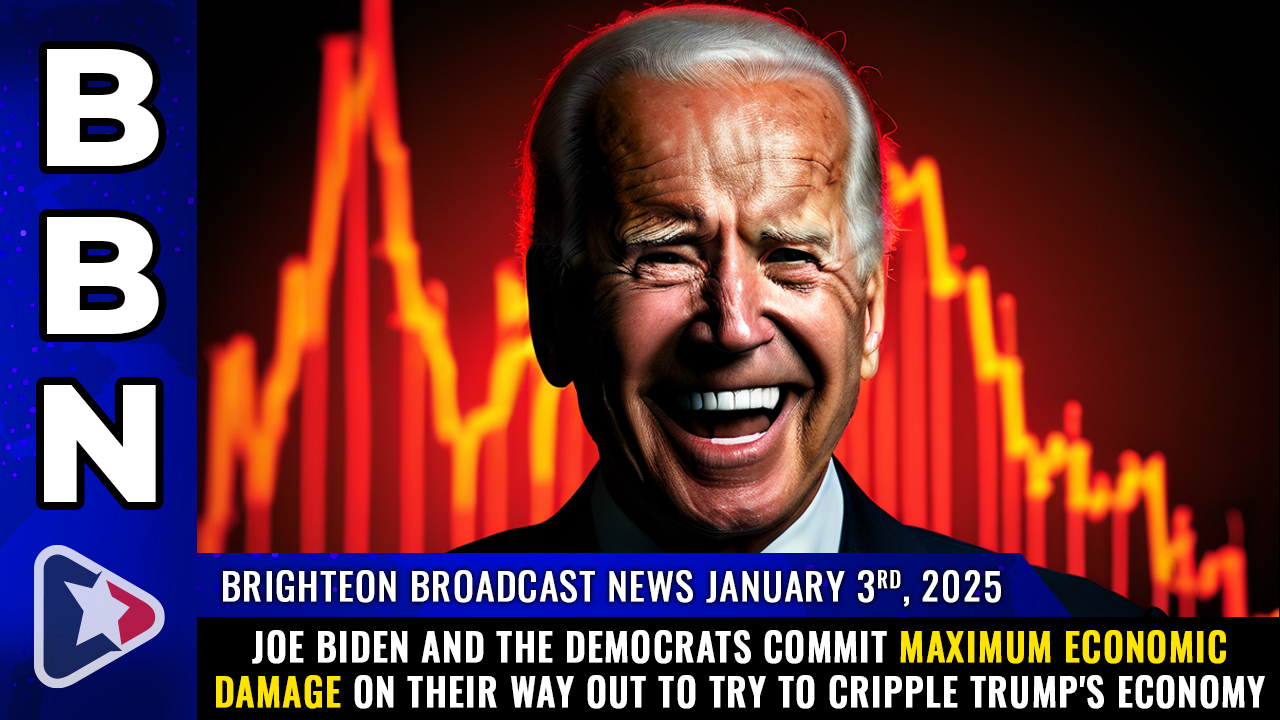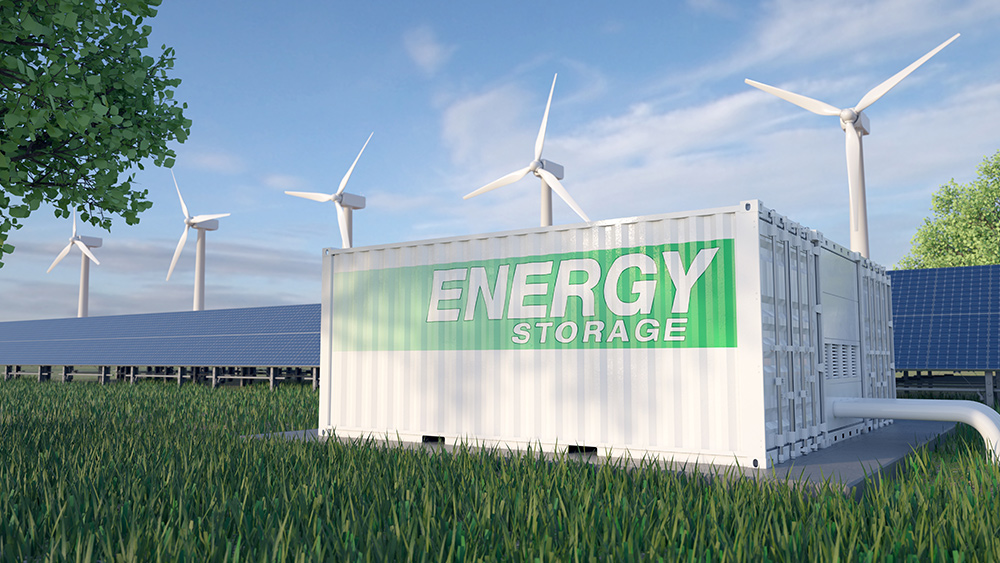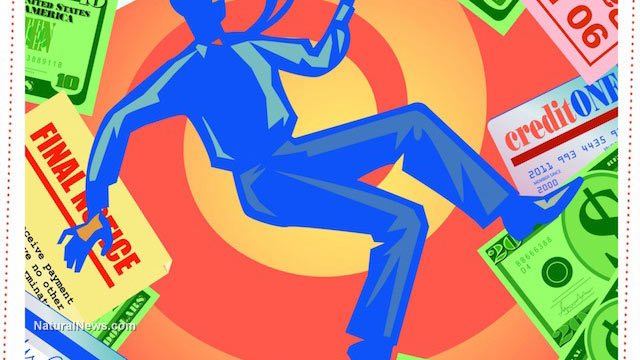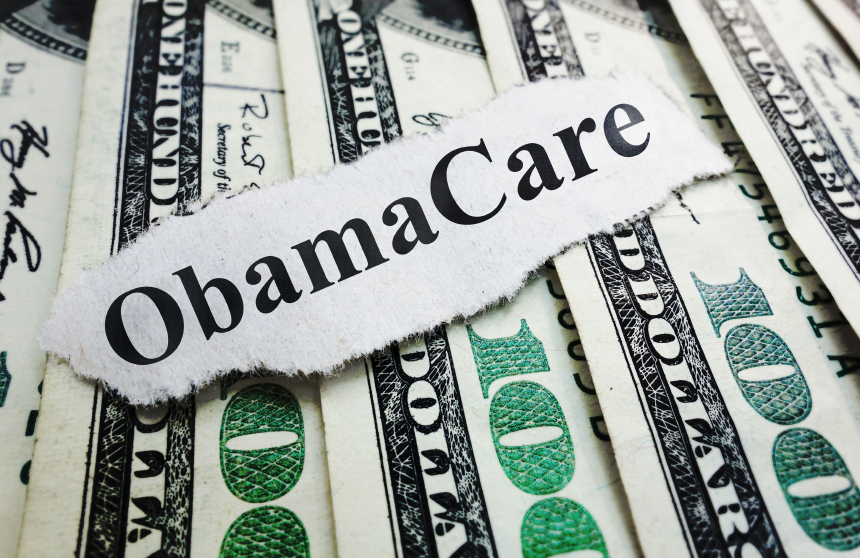Sales of electric vehicles in Germany COLLAPSED in 2024, declining by 27%
01/09/2025 / By Ava Grace

- Electric vehicle (EV) sales in Germany plummeted by 27 percent in 2024, with only 380,600 new registrations, marking a significant setback for the country’s green mobility goals.
- The abrupt cancellation of government EV subsidies at the end of 2023 led to a collapse in demand, exposing the market’s reliance on artificial incentives.
- Germany’s automotive sector, a cornerstone of its economy, faces a crisis with declining overall car sales, job cuts, and challenges in transitioning to electric mobility.
- High EV prices, inadequate charging infrastructure, and range concerns have left consumers skeptical, with hybrid vehicle sales surging by 20 percent as a more flexible and affordable alternative.
- The collapse raises doubts about the feasibility of the EU’s 2035 ban on internal combustion engines, highlighting the need for addressing fundamental EV challenges rather than relying on subsidies.
The dream of an electric vehicle revolution in Germany has hit a major roadblock. In 2024, sales of electric cars in Europe’s largest economy collapsed by a staggering 27 percent, according to official figures from the Federal Motor Transport Authority.
This dramatic decline, which saw only 380,600 new EV registrations, has sent shockwaves through the automotive industry and raised serious questions about the sustainability of government-driven green policies.
The main culprit behind the downturn is the abrupt cancellation of government subsidies for EVs at the end of 2023. For years, these subsidies had propped up EV sales, artificially inflating demand by making electric cars more affordable for consumers.
But when the subsidies vanished, so did the momentum. The result is a market in freefall, with EV sales plummeting to just 13.5 percent of total new car registrations, down from 18.4 percent in 2023. (Related: How blindly following the U.S. has led Germany to ECONOMIC COLLAPSE.)
The numbers paint a grim picture for the entire automotive industry, which has long been a cornerstone of Germany’s economy. Overall new car registrations in 2024 fell by one percent compared to the previous year, and a staggering 25 percent compared to pre-pandemic levels in 2019. December alone saw a seven percent drop in new car sales, with EVs bearing the brunt of the decline.
The fallout from this collapse extends far beyond the showroom floor. Germany’s auto industry, already grappling with weaker demand and a troubled transition to electric mobility, is now facing a wave of job cuts and internal turmoil. Major players like Volkswagen, Mercedes and BMW are scrambling to adapt, but the challenges are mounting. High prices for new EV models, patchy charging infrastructure, and lingering concerns about range limitations have left many consumers skeptical – and unwilling to make the switch without government incentives.
The EV market in Germany was never really self-sustaining
The situation is further complicated by the broader economic malaise gripping Germany. The country is teetering on the brink of recession, with weak consumer confidence and a gloomy outlook for 2025. In such an environment, expensive electric vehicles are a tough sell, especially when cheaper, more familiar alternatives like hybrids are gaining traction. Hybrid sales surged by 20 percent in November 2024, proving that consumers are still interested in greener options — but only if they come with the flexibility and affordability that pure EVs currently lack.
Meanwhile, traditional automakers are feeling the pinch. Tesla, once the poster child of the EV revolution, saw its German sales crash by 55 percent in November, with year-to-date figures down by 43.6 percent. Other EV-only manufacturers, like Polestar, fared even worse.
In contrast, brands like Toyota, which are more reliant on traditional internal combustion engine sales and have also embraced hybrid vehicles, are thriving. Toyota’s sales in Germany soared by 104.5 percent in November.
This shift in consumer behavior has profound implications for Germany’s EV agenda. While government subsidies may provide a short-term boost, they cannot create a sustainable market. True progress requires addressing the fundamental challenges facing EVs – high costs, inadequate infrastructure and consumer skepticism – head-on.
Auto experts note that as Germany’s auto industry navigates these turbulent waters, one thing is certain: The collapse of EV sales in 2024 is a stark reminder that markets cannot be forced into compliance with political agendas. Instead, they must be allowed to evolve organically, driven by consumer demand and technological innovation.
Visit RoboCars.news for more about the EV industry.
Watch this video discussing the impending collapse of Germany.
This video is from the Sanivan channel on Brighteon.com.
More related stories:
Green energy dreams crumbling: Major companies retreat as renewables face reality check.
Germany’s economic woes: A leftist leadership’s legacy of decline.
EV sales in Germany plummet as government subsidies disappear.
Sources include:
Submit a correction >>
Tagged Under:
automotive industry, big government, Bubble, cars, Collapse, consumer preferences, debt bomb, economic collapse, economic riot, economics, economy, electric vehicles, electricity, EVs, Germany, government subsidies, market crash, national debt, new energy report, power grid, risk, robocars
This article may contain statements that reflect the opinion of the author
RECENT NEWS & ARTICLES
COPYRIGHT © 2017 MARKET CRASH NEWS




